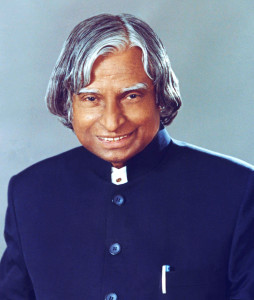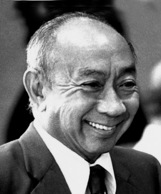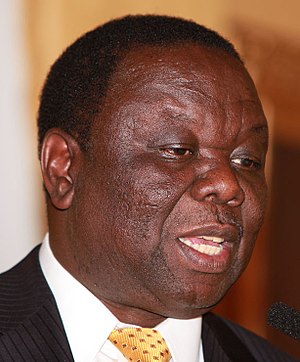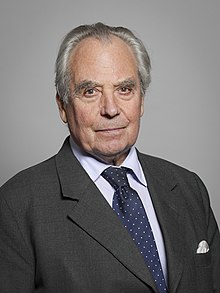A. P. J. Abdul Kalam
Birthday October 15, 1931
Birth Sign Libra
Birthplace Rameswaram, Madras Presidency, British India (modern–day Tamil Nadu, India)
DEATH DATE 2015-7-27, Shillong, Meghalaya, India (83 years old)
Nationality India
#419 Most Popular
ABOUT
Dr. Avul Pakir Jainulabdeen Abdul Kalam, commonly known as A. P. J. Abdul Kalam, was an eminent Indian aerospace scientist and statesman who served as the 11th President of India from 2002 to 2007. Revered as the "Missile Man of India" for his pivotal role in India's civilian space program and military missile development, Kalam's contributions to science and technology have left a lasting legacy. He was also an inspirational author and a proponent of education, particularly igniting young minds towards scientific curiosity and innovation.
BEFORE FAME
Born on October 15, 1931, in Rameswaram, Tamil Nadu, into a modest Tamil Muslim family, Kalam displayed an early fascination with flight and aeronautics, which he credited to his frequent visits to nearby points of travel like the Rameswaram Dhunuskodi ferry. Despite economic difficulties, his determination led him to complete his schooling and subsequently pursue a degree in physics from St. Joseph's College, Tiruchirappalli. He further advanced his studies in aerospace engineering at the Madras Institute of Technology (MIT). His early career was marked by his work at the Defence Research and Development Organisation (DRDO) and later at the Indian Space Research Organisation (ISRO), where he made significant contributions to India's space and missile programs.
TRIVIA
- Kalam played a crucial role in India's Pokhran-II nuclear tests in 1998, establishing him as a national hero.
- He was known for his simple lifestyle and was often referred to as the "People's President" due to his accessible and humble nature.
- Post-presidency, he continued to engage in academic and public life, advocating for advancements in science and technology and delivering numerous speeches to inspire the youth.
- Dr. Kalam authored several best-selling books including "Wings of Fire," an autobiography that chronicles his rise from a humble background to become a key figure in India's scientific community, and "Ignited Minds," which emphasizes the importance of education and dreaming big.
- He was honored with numerous awards throughout his life, including India's highest civilian honor, the Bharat Ratna, in 1997.
FAMILY LIFE
Despite his immense popularity, Dr. Kalam led a solitary personal life, prioritizing his work and nation above all. He remained unmarried throughout his life, dedicating his time and energy to his scientific and educational pursuits. His close-knit relationship with his extended family and his deep religious beliefs were significant aspects of his personal life. He maintained a strong bond with his siblings and valued the lessons on simplicity and integrity imparted by his parents.
ASSOCIATED WITH
A. P. J. Abdul Kalam worked alongside numerous prominent figures in India’s scientific community. He was particularly associated with Vikram Sarabhai, considered the father of the Indian space program, under whose mentorship Kalam’s passion for aerospace engineering flourished. He also collaborated with Dr. Satish Dhawan and Dr. Brahm Prakash in the satellite launch vehicle program. His tenure as President saw him working closely with political leaders like Dr. Manmohan Singh and Atal Bihari Vajpayee, both of whom respected his scientific knowledge and leadership qualities. His legacy continues to inspire countless young minds and educators around the world, and his contributions to both science and public service are celebrated globally.
Dr. A. P. J. Abdul Kalam’s unwavering commitment to progress, technological development, and the nurturing of future generations cements his standing as an extraordinary figure in India's history.















